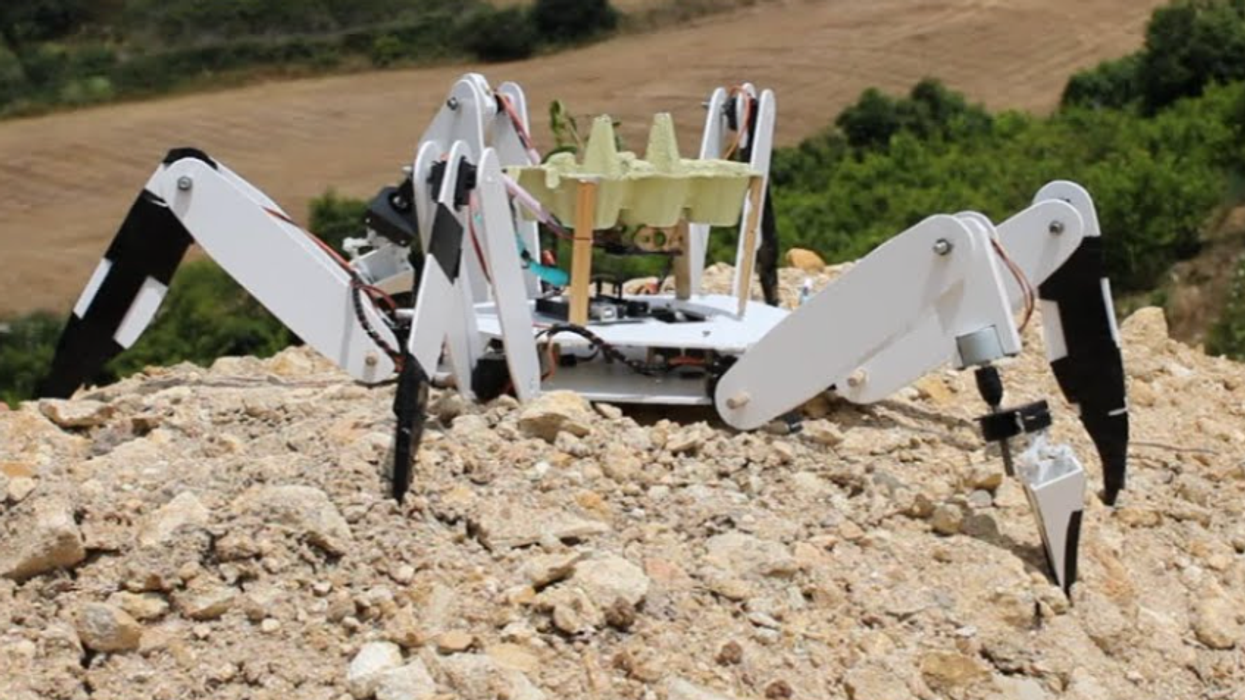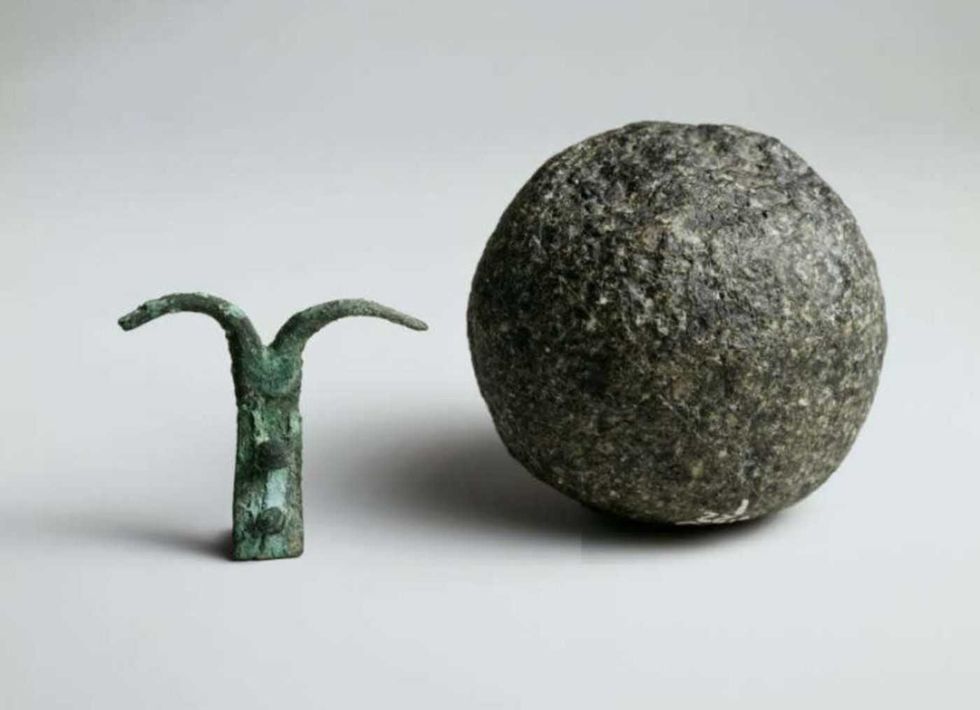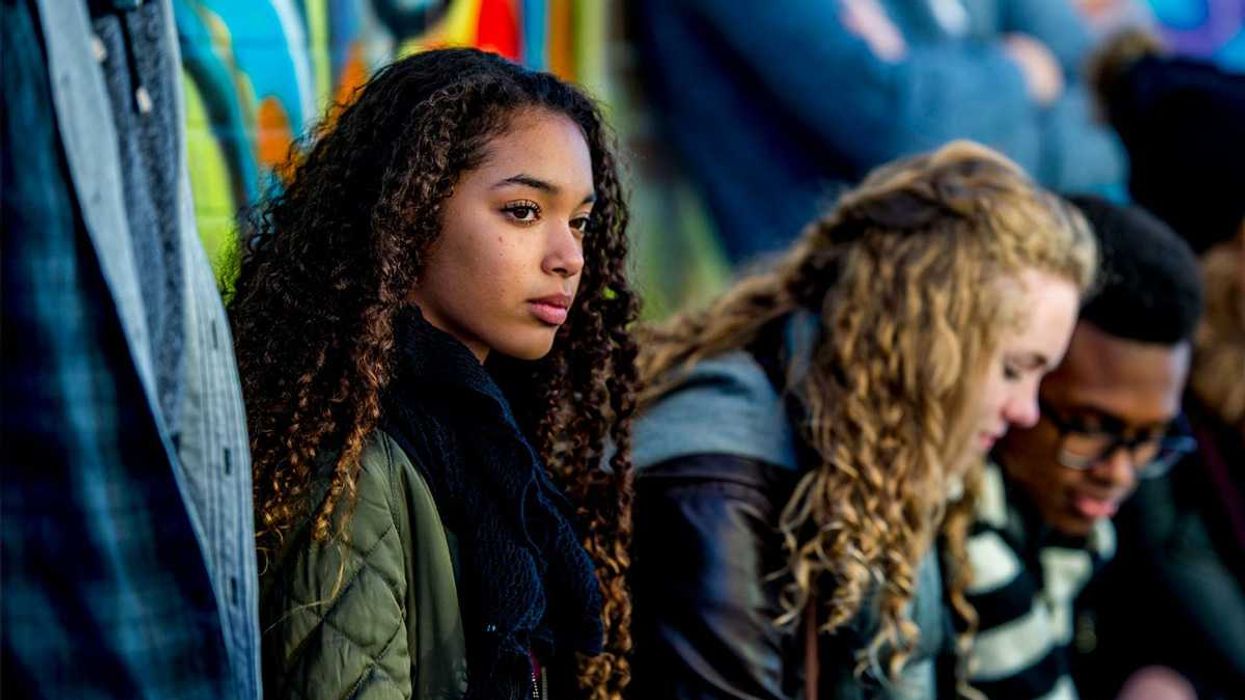This month, communities all around the country are hosting Bike To Work and Bike to School days—opportunities for everyone from novices to the most experienced riders to get on a bike instead of using a car to get where they’re going. Single-day biking events, which often include fun elements like energizer stations where people biking can pick up a healthy snack and literature on biking, are great for introducing people to how easy it is to rely on two-wheeled transportation. But what does it take to keep people from abandoning their bikes and returning to cars for their normal commutes?
At ChangeLab Solutions, we believe the answer is policies that help communities become bike friendly. That means policies that make biking safer, more convenient, and more socially acceptable—while also making sure that people have access to a bicycle when they need one. Riding a bicycle has great benefits. It's healthy, convenient, cheaper than driving a car, fun, and environmentally-friendly.
Once biking becomes the new normal way to travel, it’s amazing how many trips turn out to be the perfect distance for biking rather than driving. Forty-one percent of all trips (whether that’s commuting or running errands) are three miles or less, and two-thirds of those trips currently happen with cars rather than on bikes or on foot. Bike-friendly policies can really make a difference to those statistics.
Just last week, my coworkers and I created a bike “train” in honor of Bike To Work Day—we added bikers along the way as we rode through North Oakland to our downtown office. It was a great, social way to show we support the types of bike-friendly policies we develop. Our infographic provides a few suggestions for policies communities can implement. Are there policies listed that you’d like to see in place near you? We’d love to hear how your community is supporting biking, and where you’d like to see it improve. Share your thoughts in the comments below.
This post is part of the GOOD community's 50 Building Blocks of Citizenship—weekly steps to being an active, engaged global citizen. This week: Try Biking to Work. Follow along and join the conversation at good.is/citizenship and on Twitter at #goodcitizen.
Original bike lane image via Shutterstock


















 Pyramid of Khufu
Pyramid of Khufu A spherical dolerite pounder.
A spherical dolerite pounder. Abeer Eladany holds open the box of splinters
Abeer Eladany holds open the box of splinters The box that the missing piece of cedar was discovered
The box that the missing piece of cedar was discovered The wooden fragments dated to around 3341-3094 BC
The wooden fragments dated to around 3341-3094 BC
 Friends helping one another cross a creek.Photo credit
Friends helping one another cross a creek.Photo credit  A group of young people. Photo credit
A group of young people. Photo credit  Studies suggest empathy builds connection.Photo credit
Studies suggest empathy builds connection.Photo credit  People consoling a friend.Photo credit
People consoling a friend.Photo credit 


